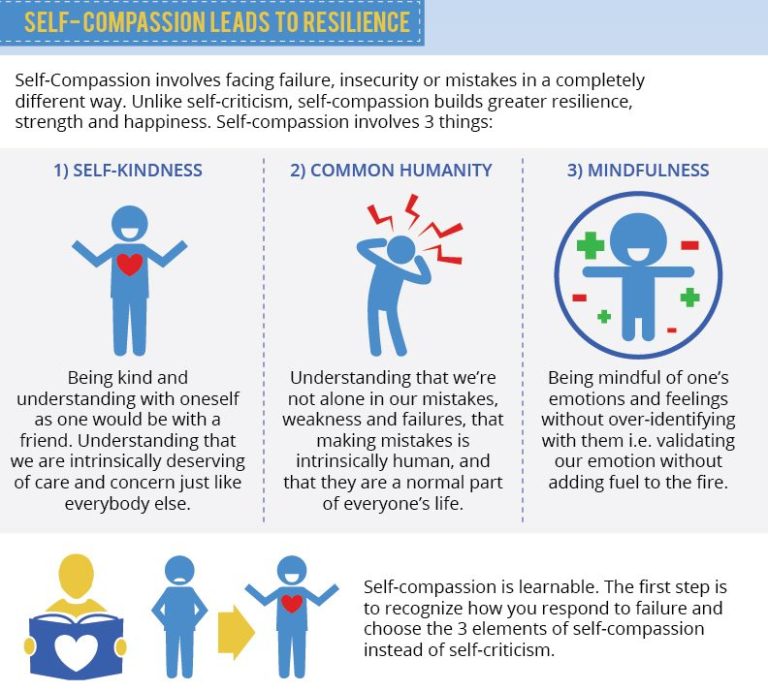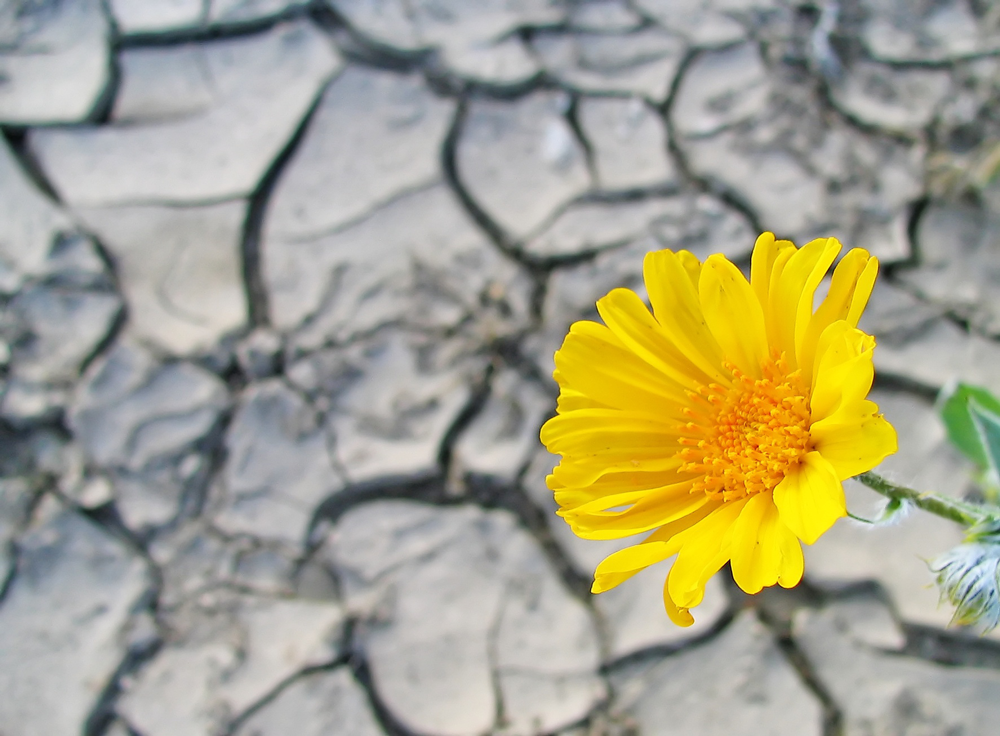3 Steps to build Resilience
Resilience at work is now recognised as a defining characteristic of employees who deal well with the everyday stresses of work.
Resilience is not just a person’s capacity to respond to pressure and ‘bounce back’ from adversity/trauma/stress but also one’s capacity to adapt in the face of challenging circumstances, whilst maintaining a stable mental wellbeing.
3 Steps to Build Resilience – Notice how you respond habitually
But, the truth is that dealing with difficulty / failure/ loss is complex for human beings.
It hurts and it’s not easy to be strong when you are feeling sad, scared, disappointed, embarrassed or frustrated.
In fact, this is exactly the time when most people are most hard on themselves. It’s precisely when things go wrong or you make a mistake that you tend to become highly self critical and focus on your flaws and inadequacies. You beat yourself up and the inner voice can be judgemental and harsh.
“What wrong with me? How could I have done / said that? What a disaster I am!”
3 Steps to Build Resilience – Self Compassion Empowers
Kristin Neff, believes that our society’s emphasis on achievement and self-esteem leads to unnecessary and even counterproductive suffering.
We want most of all to belong and be loved but social comparison and competition foster disconnection and fear of losing, which makes us defensive.
 She suggests that self-compassion offers another path to resilience. It allows to us to embrace failure as part of the learning process (growth mindset)
She suggests that self-compassion offers another path to resilience. It allows to us to embrace failure as part of the learning process (growth mindset)
and pain /loss as an inevitable part of life.
This means we ‘treat ourselves like we would treat a close friend we cared about.’ So, rather than evaluating ourselves as ‘good’ or ‘bad,’ self-compassion involves generating warmth /kindness toward ourselves as imperfect humans, and learning to be present with the inevitable struggles of life with greater ease. It motivates us to make needed changes in our lives not because we’re worthless or inadequate, but because we care about ourselves and want to lessen our suffering.”
3 Steps to Build Resilience – Self Compassion Empowers
Emma Seppälä notes, “With self-compassion, you value yourself not because you’ve judged yourself positively and others negatively
but because you’re intrinsically deserving of care and concern like everyone else. Where self-esteem leaves us powerless and distraught,
self-compassion is at the heart of empowerment, learning, and inner strength.”
Self-compassion is an antidote to self-judgment, just as curiosity is an antidote to fear and has three main elements:
- Self-kindness instead of self-judgment. Rather than judging ourselves to be ‘not good enough’, we treat ourselves with kindness.
- Common humanity instead of isolation. When we hurt, instead of feeling alone, we remember that everyone suffers / is imperfect.
- Mindfulness instead of over-identification. Use the breath to observe/ allow emotions to be there with curiosity and non-judgment.
This is not self-pity or self-indulgence. It just about supporting yourself when in difficulty so you can move through this to healthy change.
3 Steps to Build Resilience – Self Compassion Empowers
Here are the steps to practice self-compassion in a difficult moment:
Step 1. Observe and acknowledge your experience. You might say something like, “This is a moment of difficulty” or “I am having a hard time.” Being able to observe your experience offers you the ability to step back slightly from it, even momentarily and not be caught up in it.
Step 2. Connect to our common humanity. Remind yourself that you are not alone by saying, “Pain / difficulty is part of life” or “Everyone has moments like this” You are human and imperfect like all of us.
Step 3. Offer yourself kindness. Imagine you are speaking to a beloved friend and adopt a gentle tone with yourself: “May I be kind to myself” or “What do I need? What would help me now?” and give it to yourself.
These three steps will help you navigate the difficult emotions that can be part of failure or disappointment. Instead of saying, “I’m my own worst critic.”
Try self-compassion practice to become your own best friend and build your resilience at the same time.
Joanne O’Malley was the 1st Irish teacher qualified to teach Kristen Neff’s Mindful Self Compassion Course in 2012. Self Compassion practices are an essential part of all the resilience training she provides.





